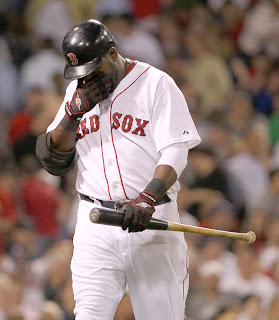photo courtesy of http://www.letsrun.com/
Kathrine 'K.V.' Switzer keeps running the marathon, despite officials'
attempts to physically force her out of the race.
Kathrine 'K.V.' Switzer keeps running the marathon, despite officials'
attempts to physically force her out of the race.
This year marked the 114th Boston Marathon, but only the 38th year that women have been allowed to compete, as women were not allowed to officially enter until 1972.
Before 1972, however, several women made valiant attempts to run the race, despite the gender bar.
In 1966, Roberta ‘Bobbi’ Gibb was the first woman to run the entire race. The 23-year-old Californian, wearing her brother’s clothing and boys’ shoes, hid behind a bush during the start of the marathon, and snuck into the race without registering. (Sneaking into the race is still something that happens to this day; these athletes are called ‘bandit runners.’) Gibb had attempted to officially register, but her application was returned with a note saying that women were not physically capable of running a marathon. Gibb finished the course with a time of 3:21:40, which would be her first of three unofficial victories.













